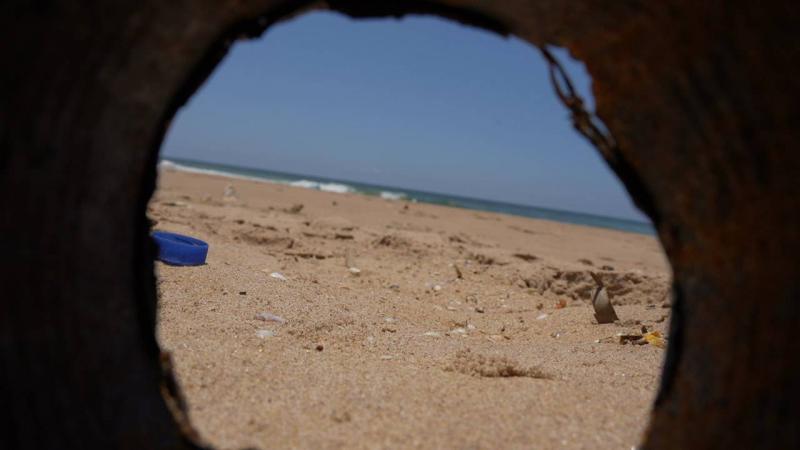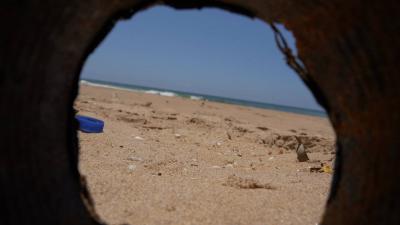Lebanese citizens eagerly await the summer season to enjoy swimming, escape the heat, and spend quality time with family and friends to unwind, especially given the difficult social conditions the citizens face in this country. Despite the numerous swimming pools along the Lebanese coast, high entrance fees deter many from using them, leading most Lebanese to opt for public beaches.
In this context, the annual report on the "Environmental Status of the Lebanese Coast" was released by the Marine Sciences Center at the National Council for Scientific Research. This report indicated a decline in the number of beaches classified as safe for swimming based on biological water quality, particularly concerning the presence of fecal bacteria stemming from human activities contaminating the shores.
The report was based on surveys conducted this year at 37 marine sites from northern Akkar to southern Naqoura. The results showed that there are 22 beach areas suitable for swimming, such as the beach in Anfeh in the north and the rocky beach between the new fishermen's port and the Riviera in Beirut, and the sandy beach of the Tyre Nature Reserve. Conversely, the report highlighted nine sites that are not safe, with medium levels of bacterial pollution due to intermittent exposure to contamination, such as the beach in Qlayyat in the north, Ain al-Mraiseh in Beirut, and the popular Saida beach.
It was also revealed that there are six heavily polluted sites that are completely unsuitable for swimming, namely: Jounieh - sandy pool, Tripoli - sandy pool, Antelias - sandy pool, Beirut - Manara, Dbayeh - near the port, and Beirut - Ramlet al-Baida beach. Notably, all these locations are public beaches.
The high pollution levels in these areas are attributed to sewage outlets discharging their waste near the beaches, factories dumping their waste in rivers that eventually lead to the sea, and random waste dumps. Mustafa Raad, the media advisor for the Lebanese Environmental Movement, confirmed to "Wardena" that the solutions to reduce and limit pollution levels in the seas involve stopping sources of violations, particularly those related to wastewater. Municipalities should establish treatment plants before contaminated water reaches the sea.




